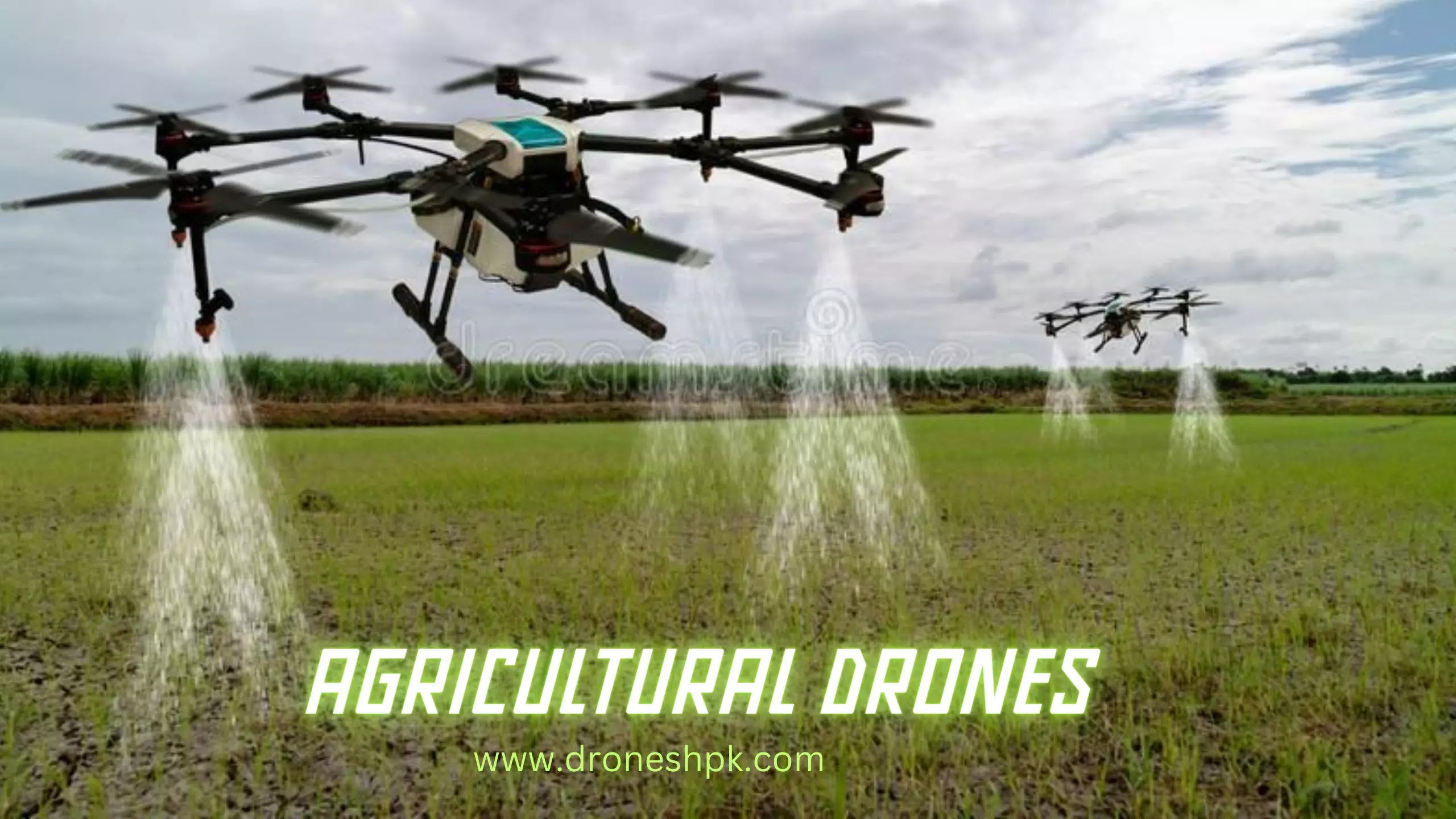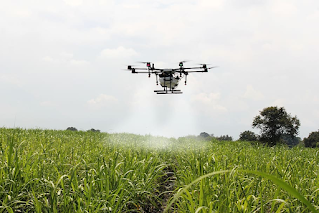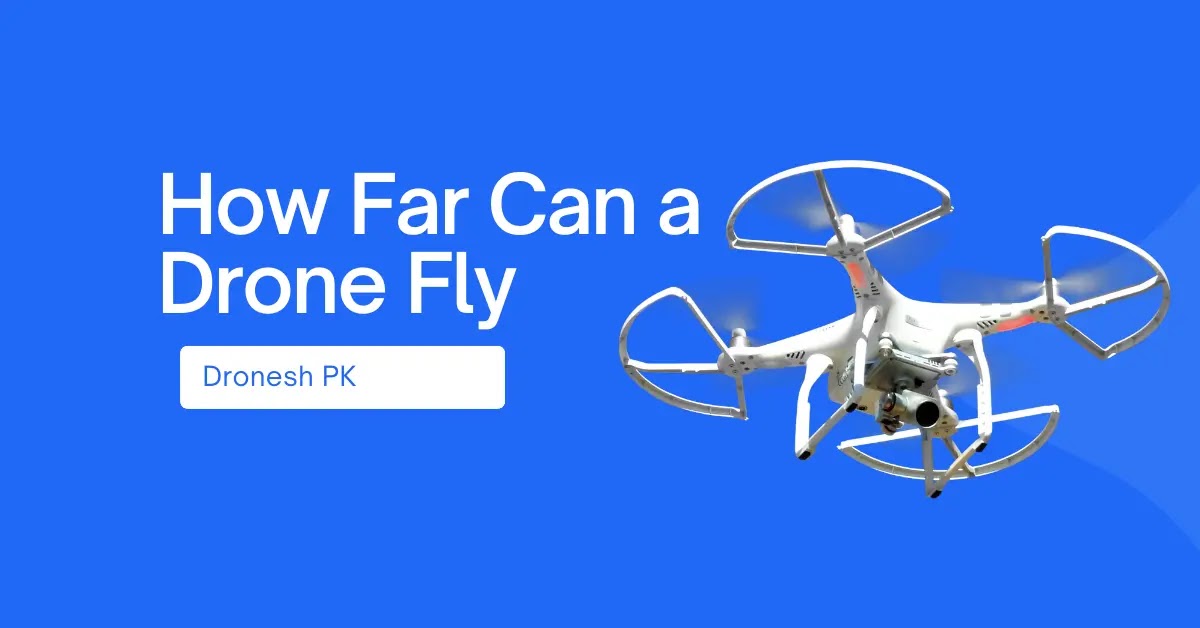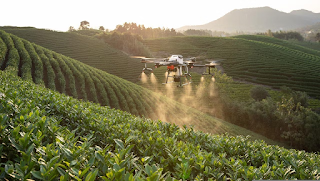How Do Agricultural Drones Benefit for Seed Plantation?
In the realm of modern agriculture, technology continues to revolutionize traditional farming practices. One such innovation that has gained significant attention in recent years is agricultural drones. These unmanned aerial vehicles (UAVs) have proven to be invaluable tools in enhancing seed plantation processes. In this article, we will delve into the numerous ways in which agricultural drones benefit seed plantation, from precision planting to optimizing crop yields.
Table of Contents
- Introduction
- Precision Planting with Agricultural Drones
- Soil and Crop Health Assessment
- Pest and Disease Management
- Irrigation Efficiency
- Time and Labor Savings
- Enhanced Crop Monitoring
- Sustainability and Environmental Benefits
- Cost-Effective Farming
- Real-life Success Stories
- Future of Agricultural Drones
- Conclusion
- Frequently Asked Questions (FAQs)
1. Introduction
Agricultural drones, also known as ag-drones, have evolved to become indispensable tools for modern farmers. They are equipped with cutting-edge technology that aids in various aspects of farming, including seed plantation.
2. Precision Planting with Agricultural Drones
One of the primary benefits of using agricultural drones for seed plantation is precision. These drones are equipped with GPS technology and specialized software that allows for precise seed placement. This precision ensures that seeds are planted at optimal depths and spacing, leading to healthier and more productive crops.
3. Soil and Crop Health Assessment
Agricultural drones are equipped with advanced sensors that can assess soil health and monitor the condition of crops. They can detect nutrient deficiencies, soil moisture levels, and signs of stress in plants. Farmers can then make data-driven decisions to address these issues promptly.
4. Pest and Disease Management
Early detection of pests and diseases is crucial for preventing crop damage. Agricultural drones can scan the fields and identify areas where infestations are beginning to occur. This early warning system allows farmers to target specific areas with pesticides or take preventive measures, reducing the need for extensive chemical use.
5. Irrigation Efficiency
Efficient water usage is vital for crop health and sustainability. Drones can assess soil moisture levels across the field and provide data to optimize irrigation schedules. This helps conserve water resources and reduce the risk of overwatering or underwatering crops.
6. Time and Labor Savings
Traditionally, seed plantation and crop monitoring required significant time and labor investment. Agricultural drones streamline these processes, significantly reducing the time and workforce needed. This efficiency translates to cost savings for farmers.
7. Enhanced Crop Monitoring
Agricultural drones can capture high-resolution images of crops at various growth stages. This visual data aids in assessing crop health, growth rates, and identifying potential issues. Farmers can make timely decisions based on this information to maximize yields.
8. Sustainability and Environmental Benefits
By optimizing planting and crop management processes, agricultural drones contribute to sustainable farming practices. Reduced chemical usage, efficient resource allocation, and healthier crops all play a role in minimizing the environmental impact of agriculture.
9. Cost-Effective Farming
While the initial investment in agricultural drones may seem substantial, the long-term cost savings outweigh the upfront expenses. Improved crop yields, reduced labor, and lower input costs make them a financially sound choice for farmers.
10. Real-life Success Stories
Numerous success stories illustrate the benefits of agricultural drones in seed plantation. Farmers around the world have reported increased yields, improved crop quality, and more sustainable farming practices after adopting drone technology.
11. Future of Agricultural Drones
The future of agricultural drones looks promising. As technology continues to advance, drones are likely to become even more sophisticated, offering farmers even greater capabilities for seed plantation and crop management.
12. Conclusion
In conclusion, agricultural drones have become invaluable assets in modern farming, particularly in the realm of seed plantation. Their precision, data collection capabilities, and cost-effectiveness make them indispensable tools for farmers looking to optimize their crop yields while adopting sustainable and environmentally friendly practices.
Frequently Asked Questions (FAQs)
1. Are agricultural drones suitable for all types of crops?
Agricultural drones can be used for a wide range of crops, including grains, fruits, vegetables, and more. Their adaptability makes them suitable for various farming practices.
2. How do agricultural drones benefit small-scale farmers?
Agricultural drones can benefit small-scale farmers by reducing labor requirements, optimizing resource usage, and improving crop yields, ultimately leading to increased profitability.
3. Are there any regulatory restrictions on using agricultural drones?
Yes, there are regulations governing the use of agricultural drones, including airspace restrictions and licensing requirements. It's essential for farmers to be aware of and comply with these regulations.
4. Do agricultural drones require specialized training to operate?
While operating agricultural drones does require some training, many manufacturers offer user-friendly systems with intuitive controls. Training and certification programs are also available.
5. Can agricultural drones be used for organic farming practices?
Yes, agricultural drones can be integrated into organic farming practices. They can help organic farmers monitor and manage their crops more effectively, reducing the need for synthetic pesticides and fertilizers.
Incorporating agricultural drones into seed plantation processes is a game-changer for modern agriculture. Their ability to provide precision, data-driven insights, and cost-effective solutions positions them as essential tools for farmers looking to improve their crop yields and sustainability practices. As technology continues to advance, the future of agricultural drones holds even more promise, opening up new possibilities for the agriculture industry.





